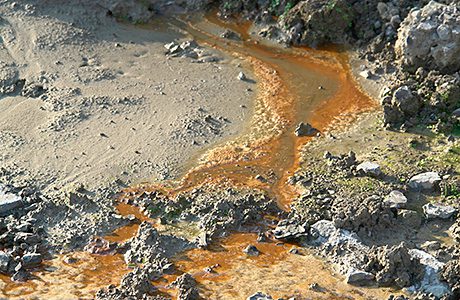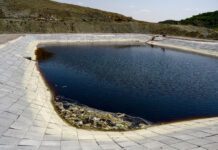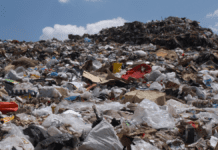
WASTEWATER treatment specialist Enso International recently completed the installation of a plant to deal with the leachate from a landfill site, work that was preceded by the completion of a laboratory test and on-site pilot study.
Leachate disposal from landfill is a major operational problem for waste management companies and county councils. It requires treatment and disposal for an extended period of time, many years after the landfill is closed. The most economical disposal route is on-site treatment and discharge to a water course. This avoids ongoing tankering costs, or trade effluent charges if disposed of to sewer.
The key issue with on-site treatment is the biodegradability of the leachate. If discharging to a water course, an ammonia consent limit is usually imposed and hence nitrification needs to be sustained. Leachates can contain residual organics that can have an adverse impact on treatability as these are toxic to the nitrification process.
The approach of EnSo International is to run a laboratory test and an on-site pilot plant trial, prior to the installation of a full scale treatment plant. This approach was used for the treatment of a Council-managed, closed landfill site. Following a successful six-month pilot study, a full scale plant was installed in 2012 utilising the pilot plant within the final design. This solution saves the council £400K/year in tankering costs.
The treated effluent is discharged to a fresh water course under an Environment Agency permit, the terms of which were negotiated between EnSo and the Environment Agency on behalf of the Council. After the negotiations the final plant was designed to meet an ammonia limit of < 4.0 mg/l but consistently reaches 1.0 mg/l.
As part of its service EnSo International is able to supply, install, maintain and operate leachate plants with fully qualified staff.







